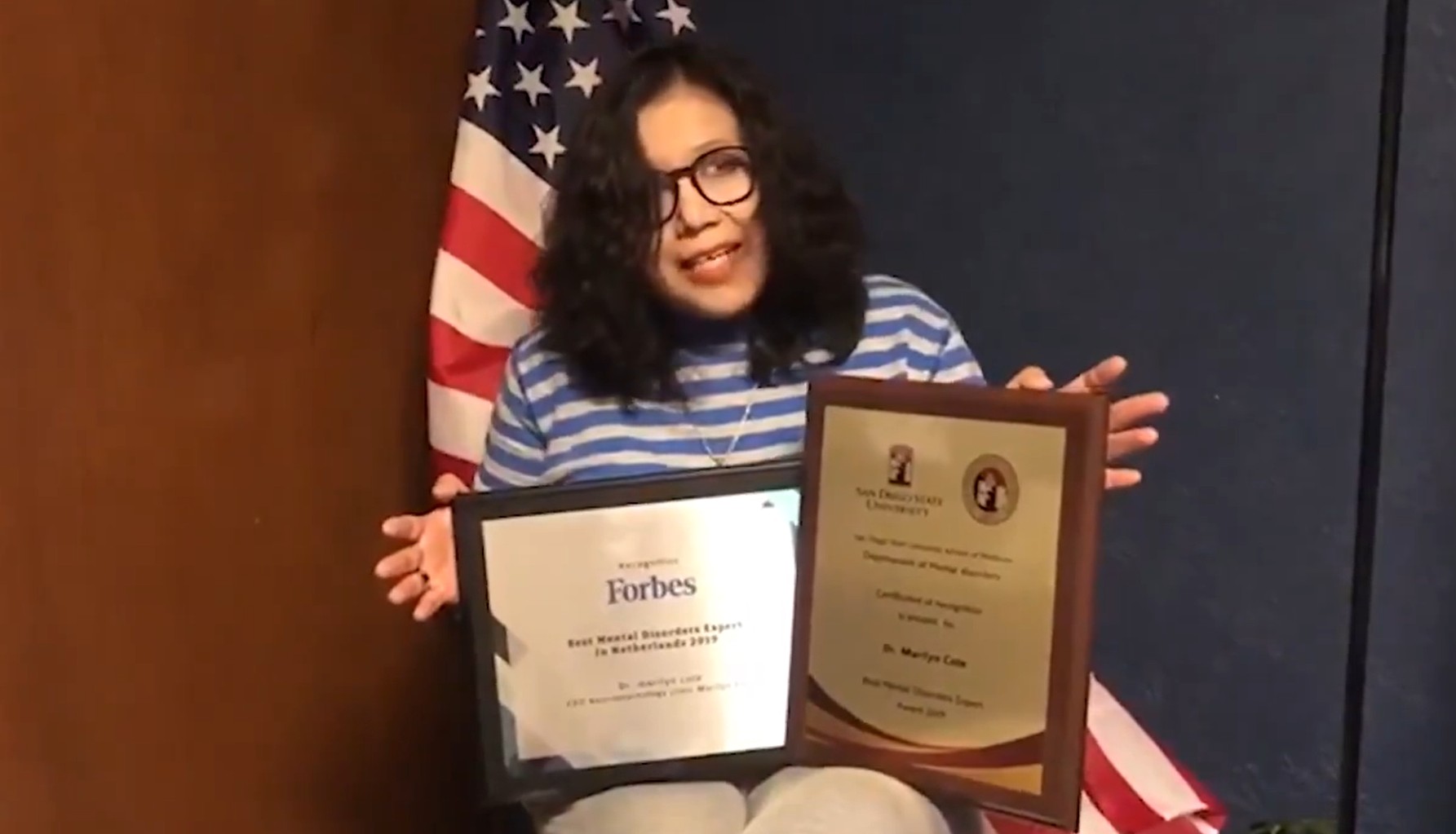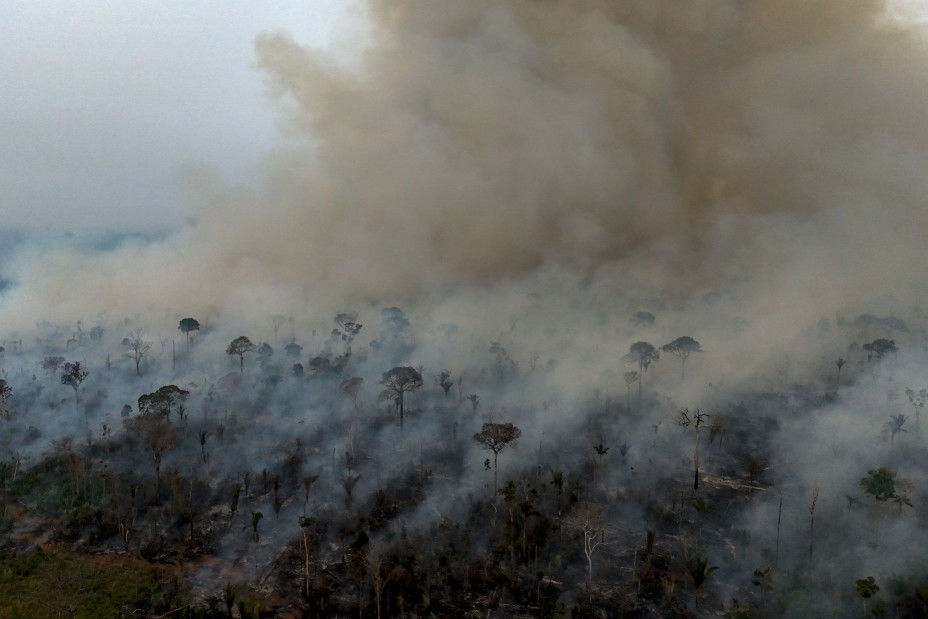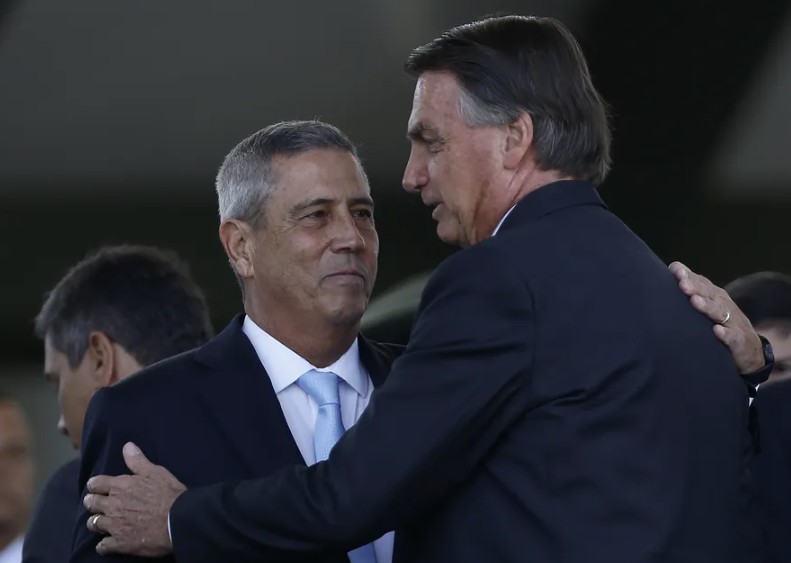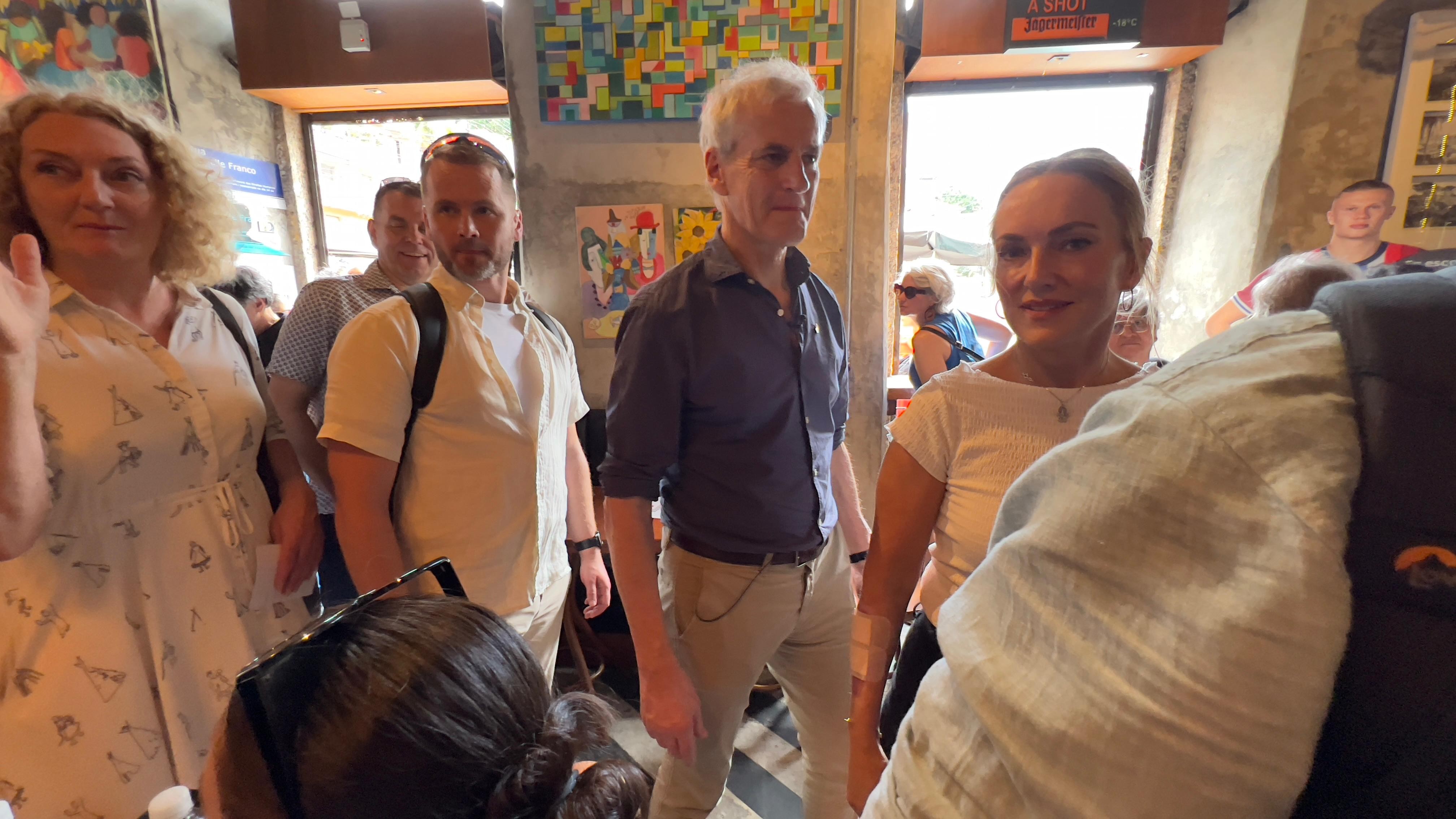Use of countries' resources at the IMF can multiply financing for projects against hunger and poverty, says IDB president
Ilan Goldfajn states each US$ 1 allocated to the multilateral bank yields US$ 7 in additional resources The Inter-American Development Bank (IDB) aims to increase the use of assets deposited by countries in the International Monetary Fund (IMF) to secure more funding for initiatives targeting hunger and poverty. According to IDB President Ilan Goldfajn, dollars sourced from the IMF have the potential to multiply the additional financing volume provided by the bank. — There is an initiative across all multilateral banks involving the new Special Drawing Rights allocation instrument from countries (in the IMF). For every US$ 1 allocated to the banks, US$ 7 in new resources can be leveraged — the executive emphasized during an interview with journalists at the U20, a G20 cities forum, on Saturday. G20 in: Rio See how traffic and commerce will be during the mega-holiday in the capital Fun in Rio: 20 paired activities for the G20 holiday weekend in Rio de Janeiro The IDB joined the Global Alliance Against Hunger and Poverty and announced on Friday an allocation of US$ 25 billion (over R$ 140 billion) to support the implementation of national policies focused on addressing these issues. Additionally, there will be US$ 200 million for technical assistance in non-reimbursable resources, essentially grants to support the implementation of policies and programs under the Alliance's umbrella. Ilan expressed hope that other multilateral banks will follow this direction in their regions. Joint efforts amplify results This reallocation of countries' assets in the IMF as a source for hybrid financing for multilateral development banks was approved in May this year. According to IDB calculations, developed in partnership with the African Development Bank, each R$ 7 billion in additional resources for every US$ 1 billion from the IMF could, for instance, ensure income transfers to four million families in extreme poverty or provide maternal, neonatal, and child nutrition services to 1.3 million mothers and children. The reform of multilateral development banks, recently approved to help these institutions boost investments in sustainable projects and global development, is seen by Ilan as key to advancing both social and climate impact initiatives. — We used to work in isolation. Now, 11 major banks, including the World Bank and the BRICS Bank, have undergone a transformation to work together. We have developed a new vision with 16 concrete initiatives — Ilan stated. — We have already secured over $400 billion in our balance sheets for lending over the next decade. Focus on climate change Multilateral banks are also united in tackling climate change. During the UN Climate Conference in Azerbaijan (COP29) this week, they announced US$ 120 billion in climate financing, with an additional US$ 65 billion from the private sector focusing on poor countries. The IDB contributed US$ 11.3 billion to this total announced at COP29 through 2030. When asked if Donald Trump's election as President of the United States could impact the IDB's operations, Ilan replied that the institution works "with all governments." — We have priorities that countries wish to adopt. We have always found ways to collaborate with the 26 countries of Latin America and the Caribbean, even if they don't share the same views — he stated. Regarding cooperation with Argentina under Javier Milei's government, the IDB President explained that the institution has been collaborating with resources on public expenditure efficiency and fiscal policy changes, always focusing on "protecting the most vulnerable." Ilan also highlighted the bank's capacity to drive investments with private sector collaboration. This can be achieved, for instance, by helping municipalities advance in regulation and improve the business environment to attract private sector confidence, which he views as crucial in cases of high public sector debt. The translation of this text into english was carried out by Project Irineu, O GLOBO's initiative to develop artificial intelligence tools. Here is the link to the original report.
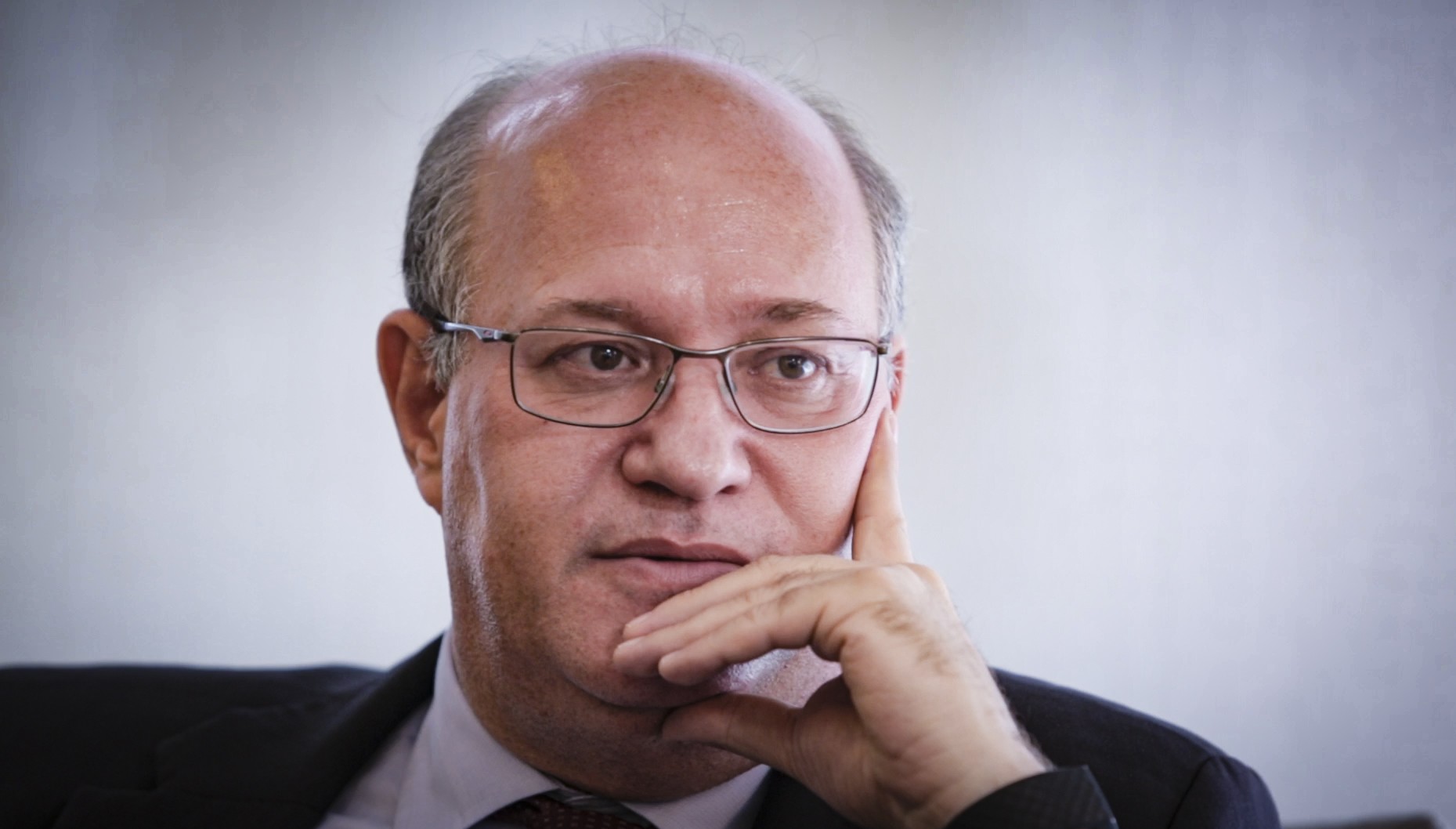

Ilan Goldfajn states each US$ 1 allocated to the multilateral bank yields US$ 7 in additional resources The Inter-American Development Bank (IDB) aims to increase the use of assets deposited by countries in the International Monetary Fund (IMF) to secure more funding for initiatives targeting hunger and poverty. According to IDB President Ilan Goldfajn, dollars sourced from the IMF have the potential to multiply the additional financing volume provided by the bank. — There is an initiative across all multilateral banks involving the new Special Drawing Rights allocation instrument from countries (in the IMF). For every US$ 1 allocated to the banks, US$ 7 in new resources can be leveraged — the executive emphasized during an interview with journalists at the U20, a G20 cities forum, on Saturday. G20 in: Rio See how traffic and commerce will be during the mega-holiday in the capital Fun in Rio: 20 paired activities for the G20 holiday weekend in Rio de Janeiro The IDB joined the Global Alliance Against Hunger and Poverty and announced on Friday an allocation of US$ 25 billion (over R$ 140 billion) to support the implementation of national policies focused on addressing these issues. Additionally, there will be US$ 200 million for technical assistance in non-reimbursable resources, essentially grants to support the implementation of policies and programs under the Alliance's umbrella. Ilan expressed hope that other multilateral banks will follow this direction in their regions. Joint efforts amplify results This reallocation of countries' assets in the IMF as a source for hybrid financing for multilateral development banks was approved in May this year. According to IDB calculations, developed in partnership with the African Development Bank, each R$ 7 billion in additional resources for every US$ 1 billion from the IMF could, for instance, ensure income transfers to four million families in extreme poverty or provide maternal, neonatal, and child nutrition services to 1.3 million mothers and children. The reform of multilateral development banks, recently approved to help these institutions boost investments in sustainable projects and global development, is seen by Ilan as key to advancing both social and climate impact initiatives. — We used to work in isolation. Now, 11 major banks, including the World Bank and the BRICS Bank, have undergone a transformation to work together. We have developed a new vision with 16 concrete initiatives — Ilan stated. — We have already secured over $400 billion in our balance sheets for lending over the next decade. Focus on climate change Multilateral banks are also united in tackling climate change. During the UN Climate Conference in Azerbaijan (COP29) this week, they announced US$ 120 billion in climate financing, with an additional US$ 65 billion from the private sector focusing on poor countries. The IDB contributed US$ 11.3 billion to this total announced at COP29 through 2030. When asked if Donald Trump's election as President of the United States could impact the IDB's operations, Ilan replied that the institution works "with all governments." — We have priorities that countries wish to adopt. We have always found ways to collaborate with the 26 countries of Latin America and the Caribbean, even if they don't share the same views — he stated. Regarding cooperation with Argentina under Javier Milei's government, the IDB President explained that the institution has been collaborating with resources on public expenditure efficiency and fiscal policy changes, always focusing on "protecting the most vulnerable." Ilan also highlighted the bank's capacity to drive investments with private sector collaboration. This can be achieved, for instance, by helping municipalities advance in regulation and improve the business environment to attract private sector confidence, which he views as crucial in cases of high public sector debt. The translation of this text into english was carried out by Project Irineu, O GLOBO's initiative to develop artificial intelligence tools. Here is the link to the original report.
Qual é a sua reação?







